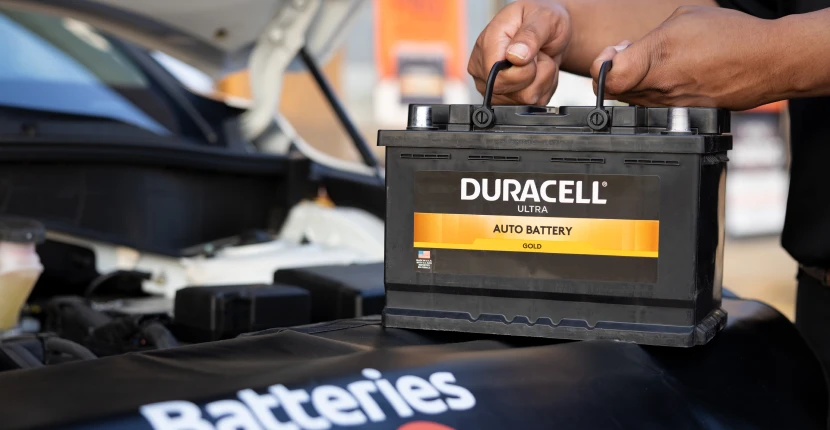Should I Replace the Battery in My Used Car?
- by Lexi Wood - updated on 6/16/2025

Key Takeaways
- The average car battery lasts 3-5 years, depending on the previous owner's driving habits and maintenance history
- Poor performance may be a sign your used car's battery isn't fully charging anymore
- Batteries Plus offers free battery testing on used cars to ensure proper voltage
New cars are more expensive than ever. The average price is now close to $50,000, and that's before adding on extra cupholders. Fortunately, purchasing a used car instead is a great way to save money, about half the cost of buying new. However, all joy you get from those savings can go down the drain if the car's battery fails and leaves you stranded. One way to prevent this is by replacing the battery in your used car shortly after purchase.
The battery is often an overlooked part of buying a car. The date of when it was purchased or installed should be on the label, so take a look to verify if the battery is old or not. Whether you've just bought your first used car or you run a used car lot and want to maintain your fleet, Batteries Plus has all the info you need to keep your second-hand vehicles running.
Risks of Old Batteries in Used Cars
Unless you know the seller personally, it's hard to know the full history of your "new" car. Was the battery regularly charged and maintained? How about the rest of the engine? If you don't know the answer to these questions, you run the risk of:
- Unexpected engine failures
- Reduced performance and efficiency
- Increased maintenance costs over time
By replacing the battery right away, you can prevent the expenses caused by battery failure, like getting the car jump-started or towed.
Signs of Battery Problems
Avoiding a bad battery starts before you even purchase the car. When you check out the new-to-you car, perform a visual inspection under the hood for these signs of potential battery problems:
- Rust or corrosion on terminals
- Cracked, misshapen or swollen casing
- Loose terminal connections
In addition to what you see, pay attention to what you smell and hear as well. A sulfur or rotten egg odor is another sign of impending battery failure. And listen for odd noises when starting the vehicle.
Electrical problems with the lights, radio, and other electronics is another indicator the battery is struggling to maintain a charge. If you notice any of these signs during a test drive, visit your local Batteries Plus for a free car battery test to confirm if the battery is faulty.
If the battery is bad, you can ask the owner to replace it or negotiate for a lower price.
Understanding the Lifespan of Car Batteries
Another thing to consider before purchase is the age of your used car. The average lifespan of a car battery is 3-5 years, depending on driving habits and past maintenance. Several factors impact the battery's lifespan, like climate, driving habits, and past maintenance. If the car you're buying is more than two years old, it might be time for a new battery regardless of vehicle condition.
Don't be fooled by the car's appearance when assessing the battery. Spending years in a garage might be good for the coat and tires, but it's bad for batteries. For example, fully recharging a car battery usually takes 30 minutes of driving at least 55 miles per hour. Failure to do this can reduce overall voltage. If the previous owner only used the car for short trips, the battery's overall capacity could be lower than expected.
Learn more about how short trips affect car battery life.
Choosing the Right Replacement Battery
If you want a new battery for your used car, Batteries Plus is your one-stop shop! Search by license plate number, VIN number, or make and model to find the exact fit for your vehicle.
We have a wide range of AGM and flooded car batteries to best suit your performance needs.
You can replace the battery yourself or one of our associates can do it for you. Our store will dispose of your old car battery regardless of who changes it. And our auto batteries come with a nationwide warranty.
Remember, the cost of a used car and a new battery is still significantly less than a brand new vehicle. Visit Batteries Plus for a battery test and, if necessary, a replacement of your used car's battery.